Ahh … summer days spent cooling off at the beach, splashing in the pool, or relaxing out on the boat – we dream of them all winter. But don’t let your dream turn into a nightmare. Here are some top tips to keep water safe no matter where you are.
REMEMBER: Drowning is a silent action and can take only a minute. You will not know if your child needs help if you are not watching them.
At the beach
- Choose a beach with Surf Life Savers and always swim between the flags.
- If you need help, raise your arm and call for help. Try to keep calm.
- If the sea is rough, do not go in.
- Never swim alone or at night or while under the influence of alcohol or drugs.
- Never run and dive into the water.
- Even if the Surf Life Savers are on hand, never let your young child in the water without an adult.
- If you get caught in a rip, do not panic. Paddle and swim parallel to the shore toward the breaking waves. Don’t fight the rip.
- Always make sure at least one adult is looking out for the child/ren. Take it in turns and have a formal handover between adults.
- Floating on a lilo or similar is fun in the pool, but not wise at the beach as it is easy to get dumped by waves or carried out by currents or wind.
For more information on beach water safety for home pools, visit WaterSafe New Zealand – beaches.
At the pool
Kids screaming, laughing and having fun in the pool is a treasured part of life in New Zealand. Sadly pools can also be dangerous – drowning is the second major cause of accidental death for preschool children and home swimming pools represent the greatest single danger.
Home pools and spa pools
- Ensure your home pool meets the requirements under the Fencing of Swimming Pools Act (1987).
- A pool is defined as any excavation, structure or product containing water over 400mm deep that is used or is capable of being used for swimming, wading, paddling or bathing and includes spas and inflatable pools.
- Some local authority areas may allow portable spa pools 760mm above the ground with a rigid, lockable cover to not require fencing. Contact your local authority.
- Pools must remain empty until an approved complying fence is installed. You will need to contact your local council regarding consent.
- Fencing is not enough to keep children safe though – ALWAYS supervise your children in the pool – there is no substitute for supervision, no matter how water confident your child is.
- Children drown quietly – always visually supervise the pool.
- There should always be at least one adult supervising.
- Do not run around a pool – always walk.
- Check for others before entering the water.
- Do not read, text, chat or snooze while supervising.
- Floatation aids and swimming lessons are not a substitute for supervision.
- Do not have your BBQ area in the pool area.
- Do not use the pool area as a thoroughfare to another area eg clothesline.
- Never dive into above-ground pools. Dive only at the diving board end of an inground pool.
- If a child is missing, ALWAYS check the pool first.
- If the adult supervising needs to leave the pool area, ensure all children exit the pool first.
Remember, to make sure your home pool stays hygienic for the whole family, infants and toddlers should wear swim nappies.
For more information on water safety for home pools, visit WaterSafe New Zealand – pools.
Public pools
- Always visually supervise your child even if there are lifeguards present, or better still, get in the pool with them.
- Do not read, text, chat or snooze while supervising children in the pool.
- Never run around the pool, always walk.
- Check for others before entering the water.
- Check the rules of the public pool and adhere to them, including being within arms reach of children under a certain age.
- Listen to the instructions of the lifeguard.
Remember, to make sure the pool stays hygienic for other families, infants and toddlers should wear swim nappies.
On the boat
Boating is exciting – but also requires some special rules to make sure everyone is safe.
- All onboard should wear a properly fitting life jacket at all times.
- Consider using a harness for young children.
- When there are children on board, there needs to be at least two adults.
- If children are waterskiing, biscuiting etc there needs to be at least one adult available on board to ‘spot’ ie observe the child on the water at all times.
- Teach children about the dangers and risks when boating. Ensure they learn to swim.
- Make sure everyone is sitting safely and holding on when travelling in a boat.
- Never drink alcohol when boating.
- Keep an eye on the latest marine forecast.
- The skipper is legally responsibly for the safety of all on board.
- Always carry at least two reliable means of communication.
For more boat safety information, visit WaterSafety New Zealand – boating.
In the river
Rivers may look peaceful and cooling on a hot summer’s day, but they can be unpredictable and contain hidden dangers. For full information on staying safe around rivers, visit WaterSafety New Zealand – Rivers.
For more water safety advice, visit WaterSafety New Zealand.
Remember, drowning is a silent action and can take only a minute. You will not know if your child needs help if you are not watching them.

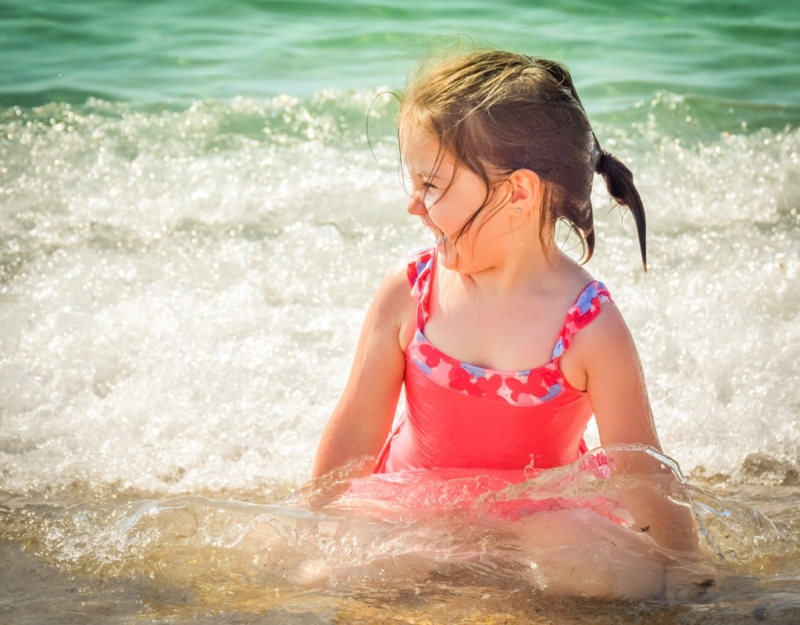
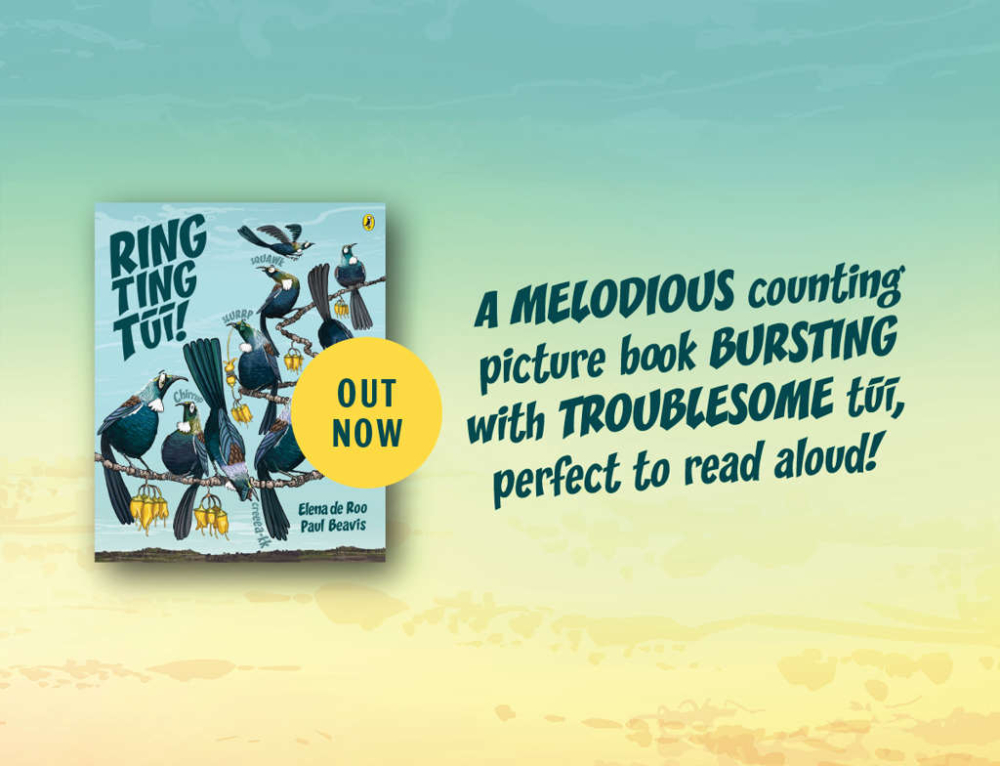

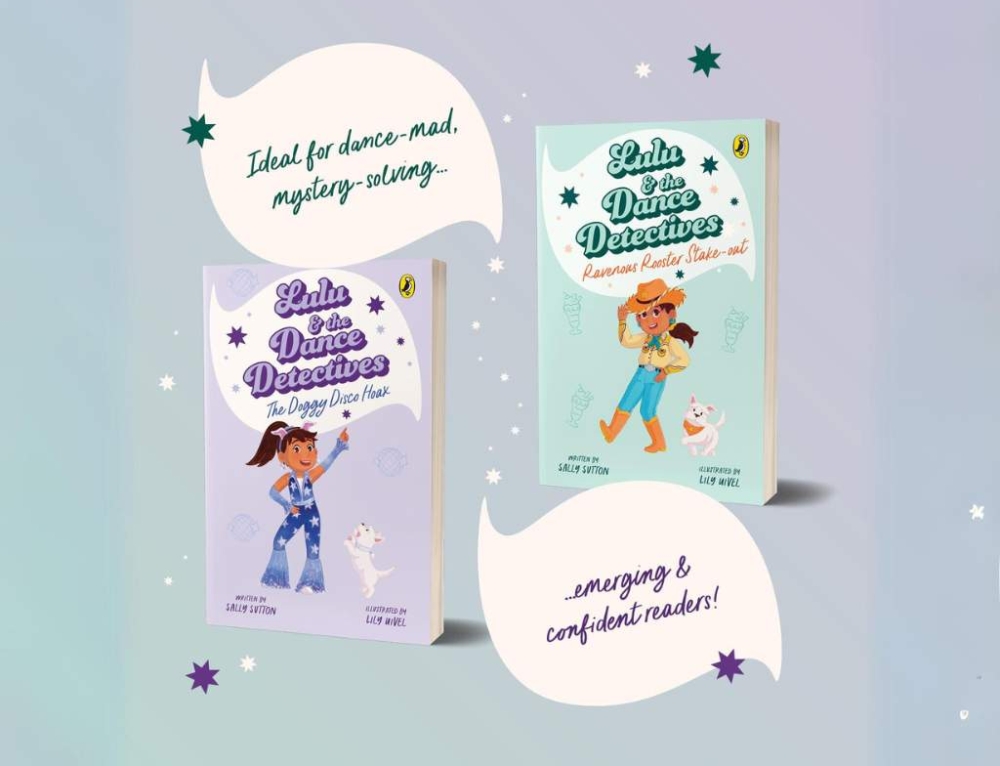
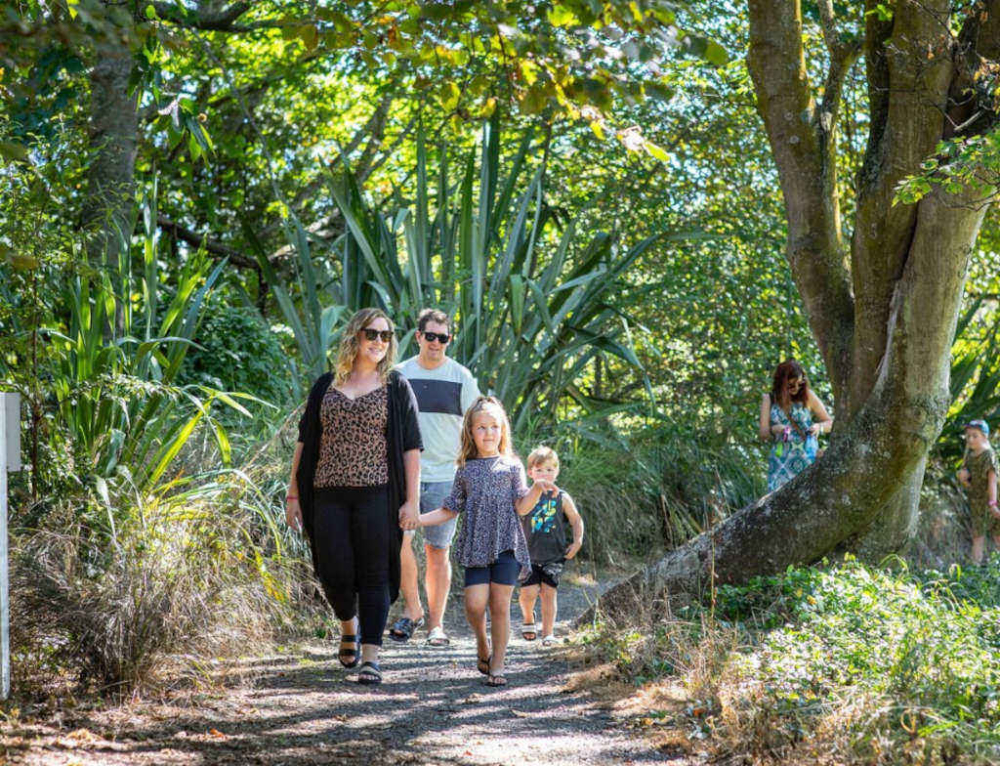
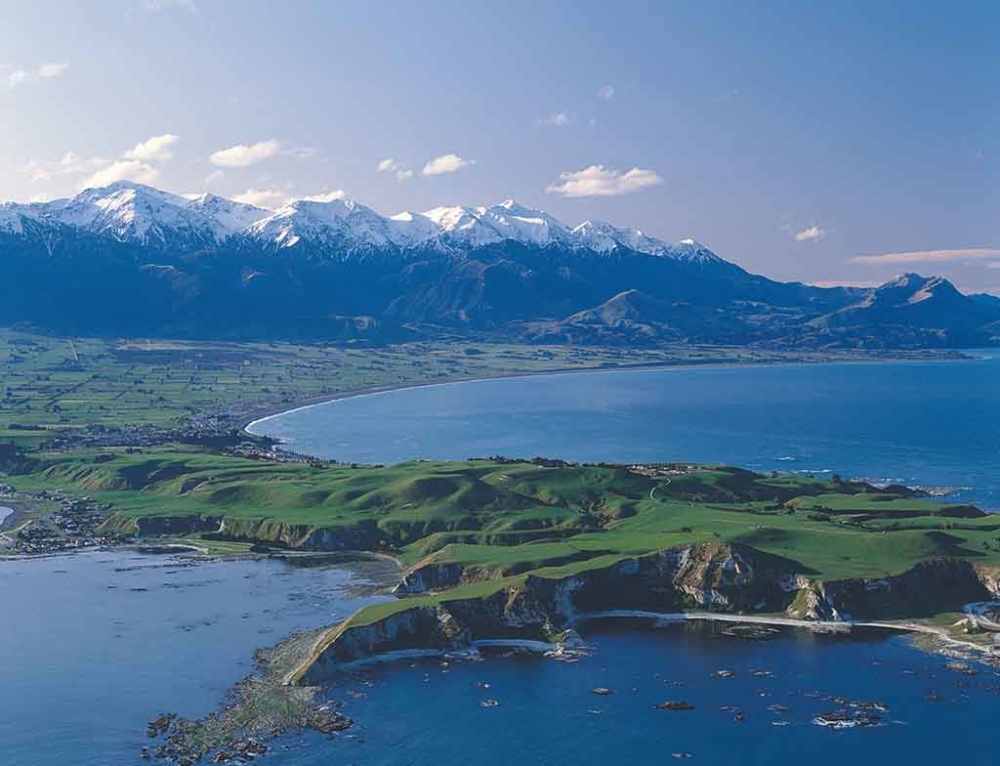
Water safety is so important! When my now 16 year old was about 3 she was standing near a pool when a teenager ran past, playing a game with other boys his age, and shoved her into the pool, he never even looked to see what he had done, I of course, jumped in after her, fully clothed…. I can still see the panicked look on her face as she looked up at me from under the water. I was looking after my 1 year old, and could easily have not seen her go in. There were several other adults around the pool and no one else noticed what happened. As well as being water safe ourselves making sure that others at the pool with you use common sense and follow pool rules is also very important!
These are such important things to remember. Especially in New Zealand. We don’t often go to the beach, coz quite frankly, it scares me now with little children. But pre kids I used to love going out deep in the waves, but the fear of drowning is probably one of my biggest fears.
When I was about 10, I got caught in a rip while swimming with my dad and that freaked me out big time, he tried to save me, but in My panic, I was pushing him under water to the point where he was struggling to save himself. Luckily some people swimming nearby came to my rescue and pulled me to shore, while my dad managed to get out further down the rip thankfully. I still remember it as clear as anything though, especially because 3 other people drowned at that spot that summer.
We tend to stick to the pools and local splash pads with my two kids but these are still important things to keep in mind.
I don’t like the beach much, well I like the beach but not swimming there. I used to swim when I was younger but I went out quite far when I was a teenager and got dumped by a wave and went under, ended up with a bleeding nose and fat lip. That put me off swimming at the beach 🙂 We do go to the beach but to paddle only and sit on the sand, but no swimming. Don’t want to take that risk. We go to the pool but I go in with her always and she’s never far from my side.
We went to the beach last weekend, and some kids got into trouble let in the water about 2 meters from my eldest. Another adult quickly went to the kids and got them, but my daughter was so confused. “Why don’t they just float?” We spent quite a while talking about panicked responses and how even if you know to float the panic can make it impossible to do. She doesn’t quite believe me on this, but she has never had a ‘fight or flight’ moment.
Water safety is so important we have a pool at home and trying to tell the kids that it’s not ok to get in the pool when we do not know as many times we discover them in the pool having not informed us. When other kids are at our place it’s always a worry as well as anything can happen around water.